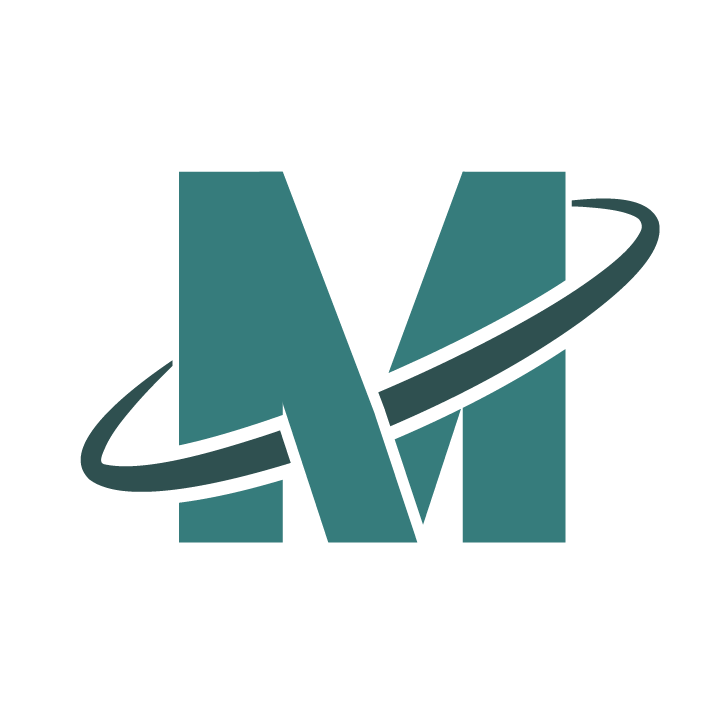YORKTOWN HEIGHTS, N.Y., March 13, 2025 /PRNewswire/ — The Basque Government, and IBM today announced plans to install Europe’s first IBM Quantum System Two at the IBM-Euskadi Quantum Computational Center on Ikerbasque Foundation’s main campus in San Sebastian, Spain (Gipuzkoa, Spain). The deployment builds on the organizations’ partnership, which began in 2023 as part of the BasQ initiative to further establish the Basque Country as a leading technology hub. Since the initial announcement, the parties have agreed to update the original plan to install an IBM Quantum System One, to now deploy IBM’s most advanced modular quantum computer, IBM Quantum System Two, which is expected to be complete by the end of 2025.
BasQ’s IBM Quantum System Two, to be managed by IBM, will be powered by an IBM Quantum Heron, the company’s most performant quantum processor to date, engineered to expand to multiple processors in the future. IBM Heron is capable of executing utility-scale algorithms beyond the capabilities of brute-force, classical simulation methods, including leveraging Qiskit software to accurately run certain classes of quantum circuits with up to 5,000 two-qubit gate operations.
This installation dedicated to Spain’s quantum innovators across academia, research labs, and industries represents IBM’s continued effort to expand Europe’s quantum ecosystem. Members of the IBM-Euskadi Quantum Computational Center will have access to these capabilities and resources to help build a quantum workforce, promote economic development, and develop new, useful algorithms to, in turn, help accomplish the Basque Country Government’s IKUR 2030 vision for quantum technologies. These efforts in algorithm development would be directly applied toward accomplishing IKUR 2030 goals, such as research into modeling new materials, research into how quantum computing can be used as part of the initiative’s broader sustainability efforts.
“With this scientific infrastructure, the Basque Country will be positioned as a global reference hub in quantum computing. This technology will help progress in the digital transformation and provide us with a state-of-the-art scientific infrastructure that will strengthen the scientific, technological and innovation ecosystem that must facilitate this transformation. The IBM Quantum System Two will be a key tool for the Basque Network for Science, Technology and Innovation to generate cutting-edge knowledge in the Basque Country, to implement highly specialized higher education programs at our universities, and to be prepared for the impact of quantum computing in the coming years by both the Basque public sector and the industry. The arrival of this computer will be a great opportunity for the Basque Country’s economic and social development and will enable us to cooperate with other regions, countries and actors in the development and impact of this technology,” said the President of the Basque Country Government, Mr. Imanol Pradales.
“The IBM-Euskadi Quantum Computational Center’s dedicated IBM Quantum System Two will give Spain’s quantum community of researchers, developers, and industry experts unparalleled access to our most performant, most advanced quantum technologies—including the tools to develop algorithms that will help drive the entire quantum ecosystem toward achieving a quantum advantage within the next two years,” said Jay Gambetta, Vice President, IBM Quantum.


